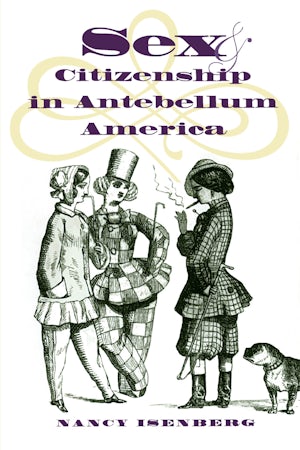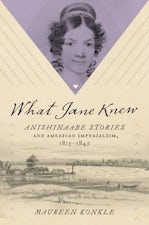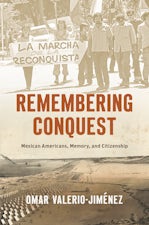Sex and Citizenship in Antebellum America
By Nancy Isenberg
344 pp., 6.125 x 9.25, notes, bibl., index
-
Paperback ISBN: 978-0-8078-4746-6
Published: December 1998 -
E-book PDF ISBN: 979-8-8908-6802-2
Published: November 2000 -
E-book EPUB ISBN: 978-0-8078-6683-2
Published: November 2000
Gender and American Culture
Buy this Book
- Paperback $37.50
- E-Book $25.99
Awards & distinctions
1999 SHEAR Book Prize, Society for Historians of the Early American Republic
By focusing on rights discourse and political theory, Isenberg moves beyond a narrow focus on suffrage. Democracy was in the process of being redefined in antebellum America by controversies over such volatile topics as fugitive slave laws,
temperance, Sabbath laws, capital punishment, prostitution, the Mexican War, married women's property rights, and labor reform--all of which raised significant legal and constitutional questions. These pressing concerns, debated in women's rights
conventions and the popular press, were inseparable from the gendered meaning of nineteenth-century citizenship.
About the Author
Nancy Isenberg is the Mary Frances Barnard Chair in History at the University of Tulsa.
For more information about Nancy Isenberg, visit
the
Author
Page.
Reviews
"Isenberg has a finely honed sense of the ironies that emerged within the antebellum polity, which she illustrates to great benefit."--American Quarterly
"A complex and challenging book. . . . The substantive chapters of the book contain consistent interest and insight and pockets of brilliant research and analysis."--Law and History Review
"[An] impressive study of antebellum feminist activism in the United States. . . . Sex and Citizenship admirably executes its stated mission to recapture the variety and theoretical sophistication of U.S. feminism at its origins."--American Literature
"At a time when it is fashionable among scholars and students to emphasize the limitations and failures of the antebellum women’s rights movement, Nancy Isenberg’s brilliant study represents a much-needed corrective. Her book illuminates the ideas of well-known stalwarts of the struggle for gender equality, such as Elizabeth Cady Stanton, and brings to life lesser-known figures such as Clarina Howard Nichols. . . . Whether as an introductory survey for nonspecialists or a handy reference work for scholars, this book deserves a wide readership."--Pennsylvania Magazine of History and Biography
"Provides the closest reading yet of the arguments of antebellum woman’s rights activists and, as such, sheds entirely new light on this important chapter in women’s political history in the United States."--Journal of Interdisciplinary History
"[A] pathbreaking book."--Virginia Quarterly Review




